Do EV Batteries Really Last Longer Than Gas Cars? These 5 Truths Will Shock You
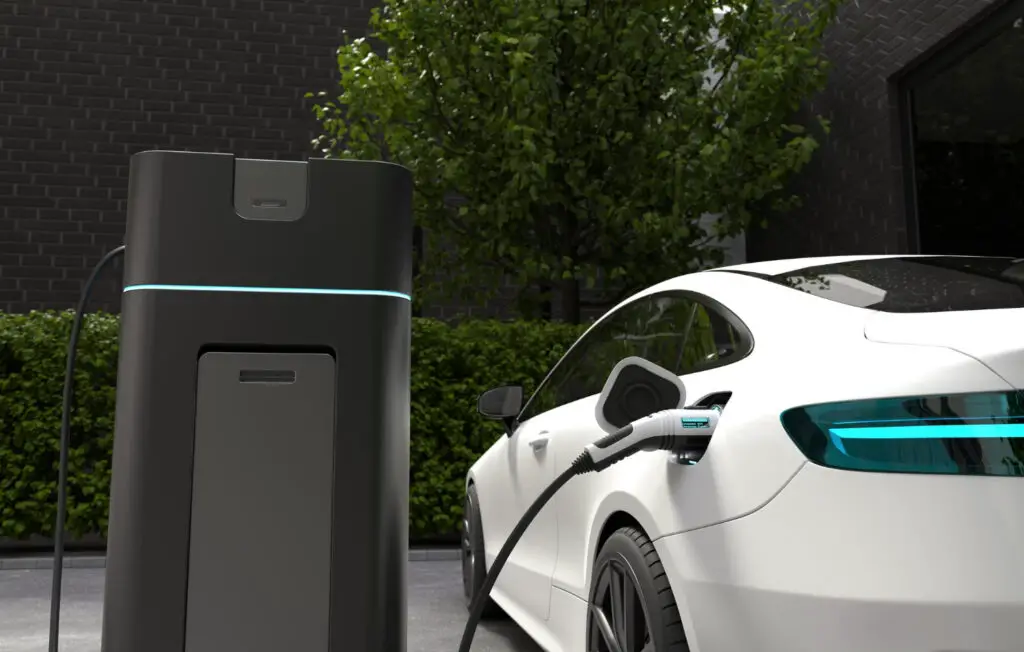
Electric vehicles have gone from being a futuristic novelty to a mainstream option sitting in driveways across America. Along with that shift, a big question hangs in the air: Do EV batteries really last longer than gas cars? If you have ever worried that your EV battery might conk out in a few years or that it will cost a small fortune to replace, you are not alone. Gas car owners often boast about engines lasting 200,000 miles, while EV drivers claim their batteries will keep going for decades. So, who is right?
The truth is more complicated than simple bragging rights. Batteries and engines age in completely different ways, and with real-world data piling up, some of the findings might surprise you. Whether you are considering an EV purchase or just curious about how they stack up against your trusty gas-powered ride, here are five truths that will reshape the way you think about EV battery life.
1. Battery Life Does Not Work the Same Way as an Engine
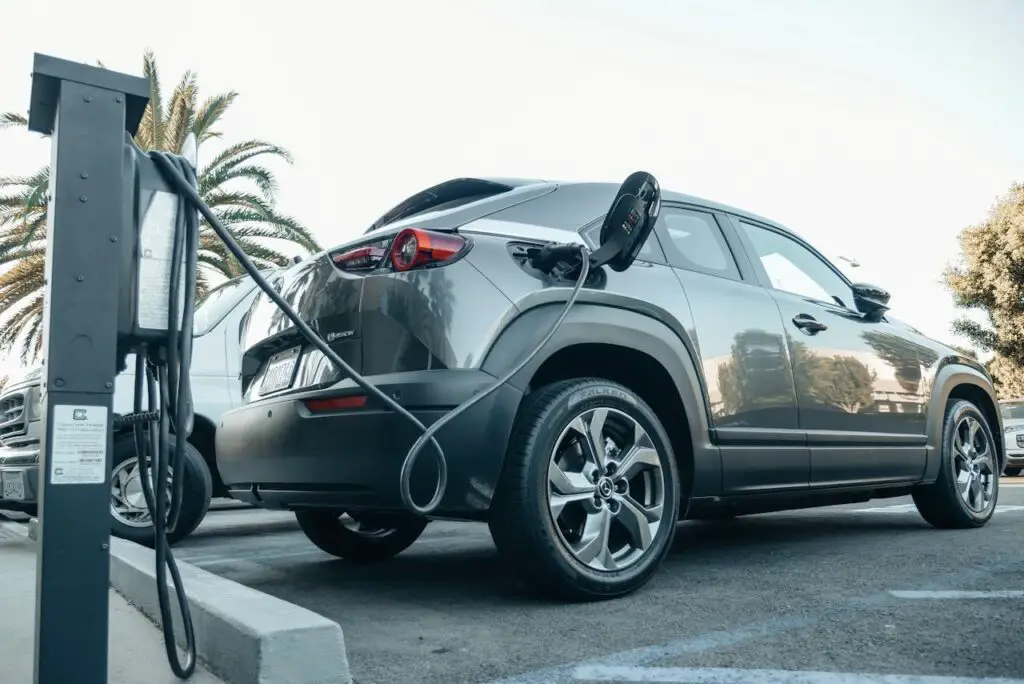
It is tempting to compare an EV battery to a gas engine and assume they follow the same rules. But that is like comparing apples to spark plugs. A gasoline engine is made up of thousands of moving parts, all rubbing against each other. Over time, friction, heat, and wear tear it down. Even with proper oil changes, belts, and tune-ups, an engine eventually succumbs to mechanical failure.
EV batteries, on the other hand, do not simply “break.” They degrade slowly, losing some of their ability to hold a charge over the years. Instead of one day waking up to a dead car, most EV owners notice a gradual reduction in driving range. On average, EV batteries lose about 1.5 to 2 percent of capacity each year. That means after a decade of normal use, most EVs still hold around 80 to 85 percent of their original range.
So while gas engines often go strong until they suddenly give out, EV batteries are more of a slow fade. It is less about catastrophic breakdowns and more about learning to live with slightly fewer miles per charge over time.
2. EVs Are Now Matching Gas Cars in Lifespan
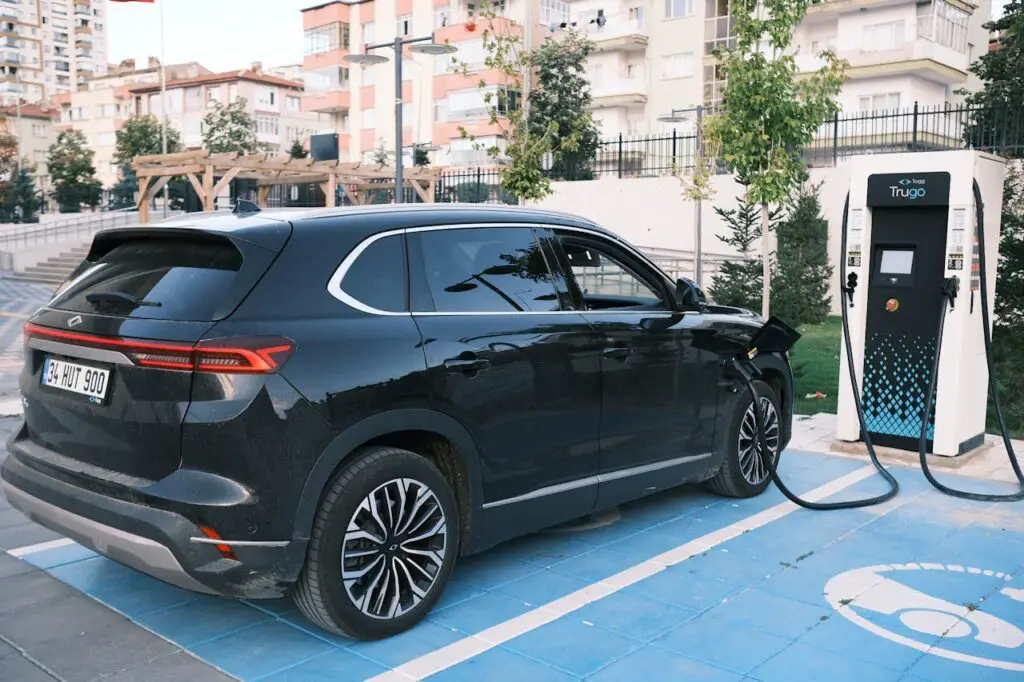
Not too long ago, critics argued that EVs were unproven and might not last as long as traditional vehicles. But recent studies suggest otherwise. Data from millions of vehicle inspections shows that EVs are now averaging about 18 years on the road, putting them on par with modern gasoline cars. In fact, some EVs in these studies even logged higher average lifetime mileage compared to their gas-powered peers.
This is a big deal because it means EVs are no longer just “new tech with unknown results.” They are proving themselves in real-world conditions. Advances in cooling systems, battery chemistry, and software management have all made EVs more durable. Every new generation of EVs brings smarter technology designed to protect the battery from stress, so the trend is only heading upward.
In short, if you buy an EV today, there is every reason to believe it can last as long as, or maybe even longer than, the family sedan you grew up with.
3. Battery Replacements Are Rare but Can Be Pricey
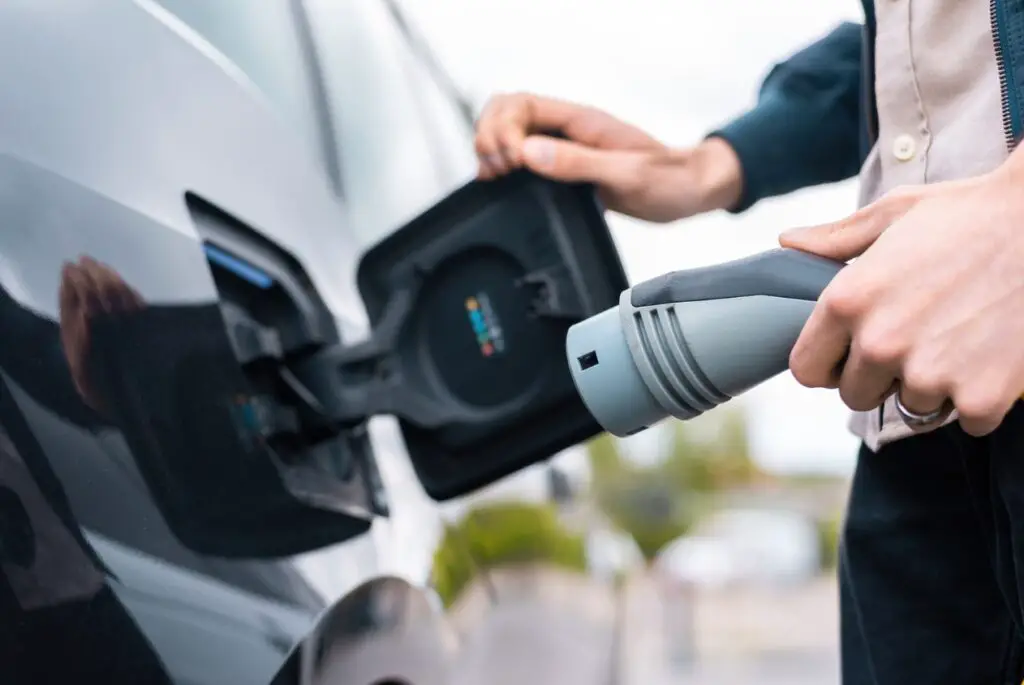
Here is one of the scariest myths: “I will have to replace the battery in 10 years, and it will cost me more than the \car is worth.” That image of writing a $15,000 check for a new battery keeps a lot of buyers up at night. But the reality is far less terrifying.
Surveys of tens of thousands of EVs show that less than two percent have ever needed a full battery replacement. For most drivers, the battery easily lasts the lifetime of the car. That said, if replacement is ever necessary, it is not cheap. Depending on the model, costs can range from $5,000 to over $20,000.
The silver lining is that almost all EVs sold in the United States come with generous warranties—often eight years or 100,000 miles, sometimes even more. That warranty typically covers serious battery issues, giving buyers peace of mind. And as battery technology improves and production scales up, replacement costs are already starting to fall. By the time you might even consider one, it is likely to be much more affordable than it is today.
4. How You Treat Your Battery Matters More Than You Think
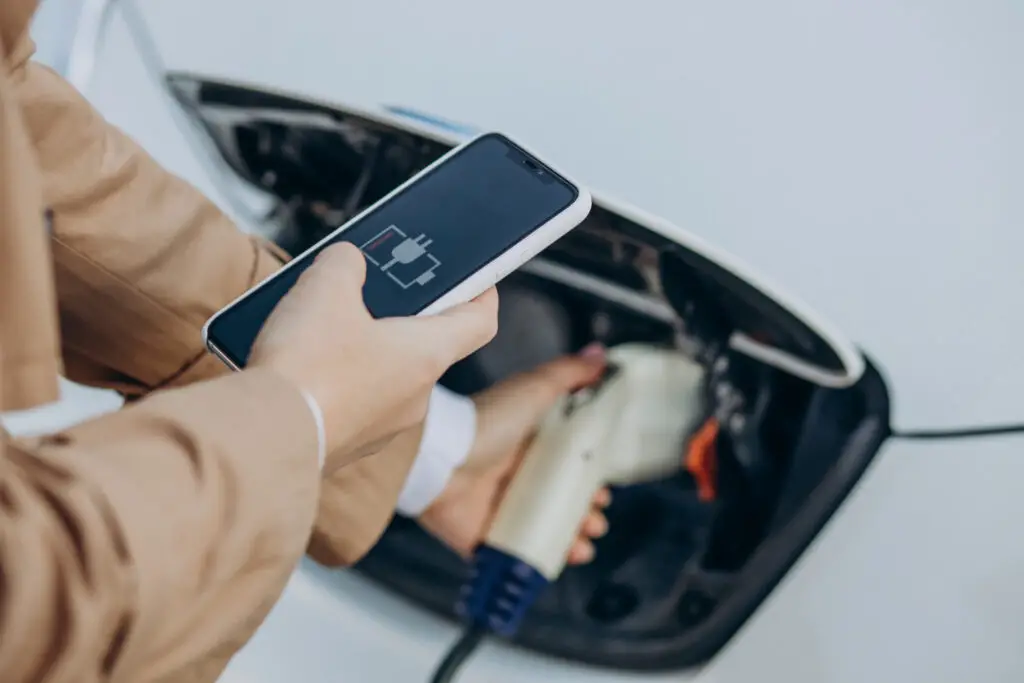
Just like people, batteries age differently depending on how they are treated. You cannot expect to pound your battery with abuse and still have it perform like new. Driving style and charging habits play a massive role in how long a battery lasts.
Frequent use of DC fast chargers, while convenient for road trips, puts extra stress on the battery when compared to slower home charging. Consistently charging to 100 percent or running the car down to zero is also hard on the battery’s chemistry. And if you live in an extremely hot climate, your battery may degrade faster than one in cooler conditions.
The good news is that EVs come with built-in systems designed to protect their batteries. They manage temperature, regulate charging, and even limit how much of the battery you can access in daily driving. As an owner, you can help by adopting simple habits like charging to around 80 percent for everyday use, avoiding frequent extremes, and saving those fast chargers for road trips. Treat your EV battery with care, and it will reward you with years of reliable service.
5. A Battery’s “End of Life” Is Not Really the End
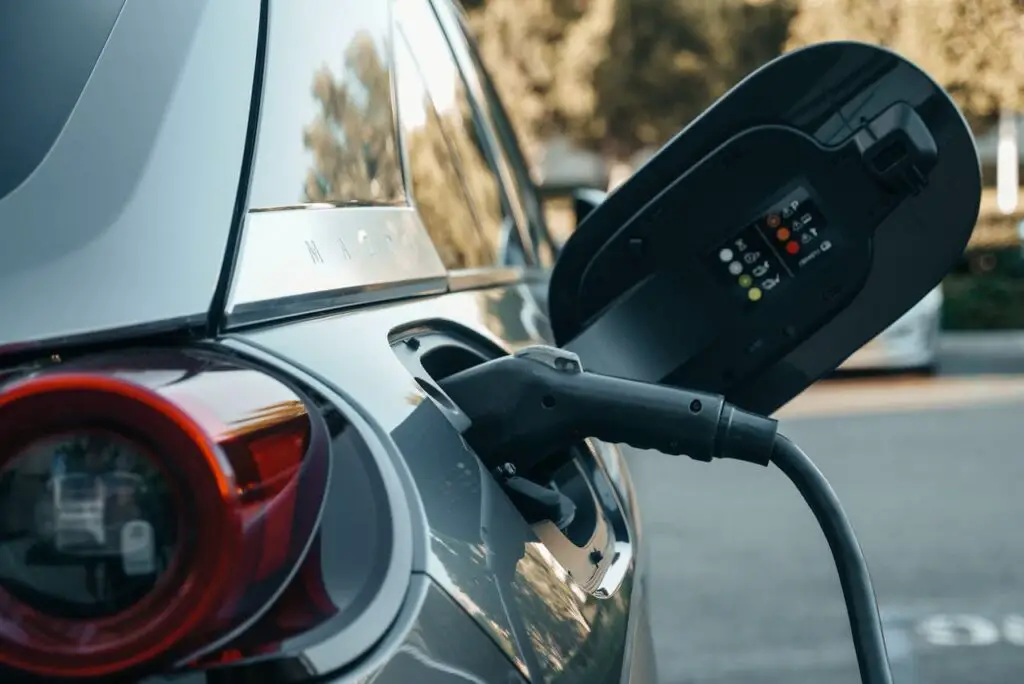
When people talk about the “end of life” for a battery, they usually mean it has dropped to about 80 percent of its original capacity. That does not mean the car suddenly becomes useless. It just means your driving range is shorter. For someone commuting 20 miles a day, that reduced range may still be more than enough.
But the story does not end there. EV batteries that are no longer ideal for vehicles are finding new lives in other areas. They can be repurposed as storage for solar energy in homes, or as part of larger grid systems that store renewable energy for communities. This second life can extend a battery’s usefulness for many more years before it is ever recycled.
On top of that, recycling technology is improving quickly. Companies are already developing processes to recover valuable materials like lithium, nickel, and cobalt, making the battery supply chain more sustainable. So when an EV battery finally retires, it does not just vanish into a landfill—it becomes part of a new cycle of use.
Final Thoughts
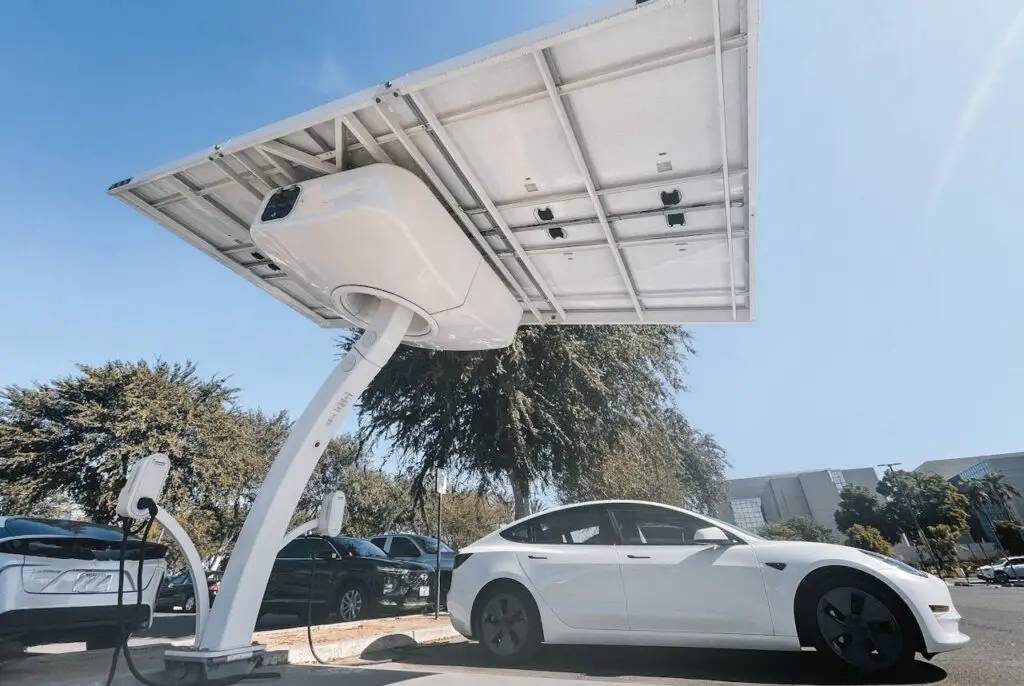
So, Do EV batteries really outlast gas cars? The answer is not as simple as a yes or no, but here is what we know: EV batteries are not fragile, they do not need frequent replacements, and in many cases, they are proving to last as long as or even longer than gas engines. They do age differently—more like a slow dimming light bulb than a sudden engine failure—but that does not mean they are less reliable.
For American drivers, this means that choosing an EV is no longer a gamble on untested technology. With the right habits and the benefit of modern battery management systems, your EV has every chance of going the distance just like any gas-powered car. And even when its range is reduced, the battery may still live on in new and creative ways.
So the next time someone at a barbecue brags about their gas car lasting 200,000 miles, you can smile and know that your EV is not just keeping up—it might even outlast them in the long run.
Leave a Reply